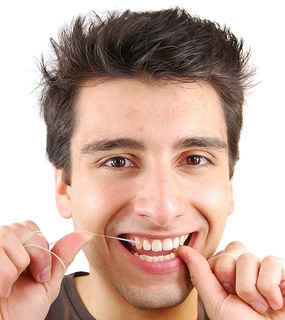What to Expect if You Haven’t Been to the Dentist in Forever
April 6th, 2022

It’s easy to miss a dental appointment. Life and duties intervene, and suddenly you have to push your appointment back once, then again, or forget about it.
We get that. These days, we all have a lot going on. But what we don’t want is for a lengthy absence to make you anxious about returning. It doesn’t matter how long it’s been, we always love to see you! So let’s take a moment to explain what you can expect when you pay us a visit.
Your appointment will last roughly 60 to 90 minutes, so keep that in mind when you schedule it and plan accordingly. Dr. James Robson and our team want you to feel comfortable.
One of the first things we will ask is the reason for your visit. You’ll have the opportunity to let us know about any concerns or questions you may have. No question is too small, so ask away!
Next, we will go over your medical and dental history to make updates to your file as necessary. This will usually be followed by X-rays to give us a better idea of what is currently happening with your teeth. We will finish with a screening for oral cancer and periodontal disease. If you haven’t visited us in a while, we want to make sure nothing serious is going on.
After that, you will undergo a cleaning with one of our hygienists. Your teeth will be cleaned and checked for such things as broken fillings, cracked teeth, or active decay. Finally, Dr. James Robson will come by for a final look and a rundown of your dental needs.
Then you’re ready to go! On your way out, you’ll discuss options for scheduling your next appointment, insurance coverage, and payment plans if applicable. You will also receive a goodie bag with a new toothbrush, floss, and toothpaste to get you started (and motivated) on the path to great dental health!
We always want our patients’ experience to be as comfortable and as easy as possible. From the moment you pick up the phone to make your appointment, our team is here to make sure we always meet your needs.
No matter how long it’s been since your last visit, we hope you’ll give us a call to make your next appointment at our East Lyme, CT office.



